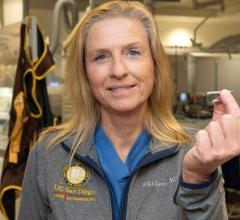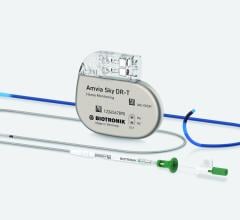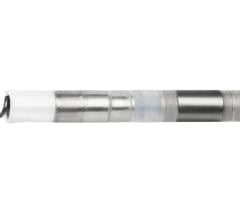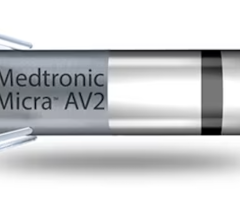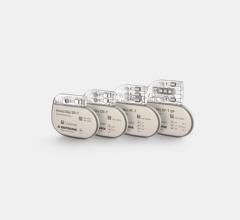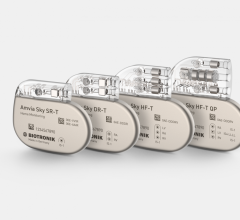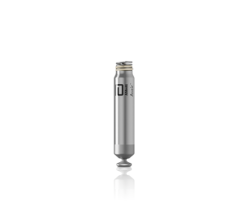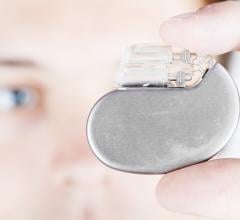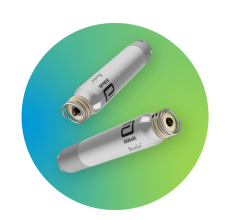A German physician reports that people who have implanted pacemakers or defibrillators are not in danger of their devices malfunctioning due to interference from wireless “hot spots” in public places such as airports, hospitals, offices or restaurants.
During a presentation at the AHA scientific sessions in Chicago last week, Fritz Mellert, M.D., a consultant cardiac surgeon at the Klinik und Poliklinik for Herzchirugie, at the University of Bonn, gave results from a study in which 25 different types of pacemakers and 22 different types of defibrillators were tested in a device simulating the human body. Each implantable device was exposed to the 1,000 megawatts of transmitting power authorized in the U.S., as well as to the lower 100-megawatt transmitters used in Europe.
Five pacemakers that were tested within 24 inches of the high-frequency transmitters experienced minor scrambling of monitoring signals, creating some noise, "but it would not have interfered with their operation," Dr. Mellert said. None of the defibrillators was affected by data transmissions.
"In no case did a pacemaker stop pacing when it should or pace when it shouldn't," Mellert told “WebMD.” "And none of the implanted defibrillators gave a shock when they shouldn't, or didn't fire when they should."


 May 02, 2025
May 02, 2025 
